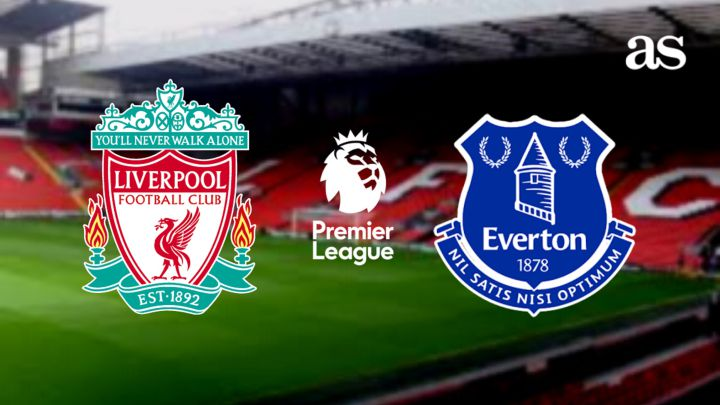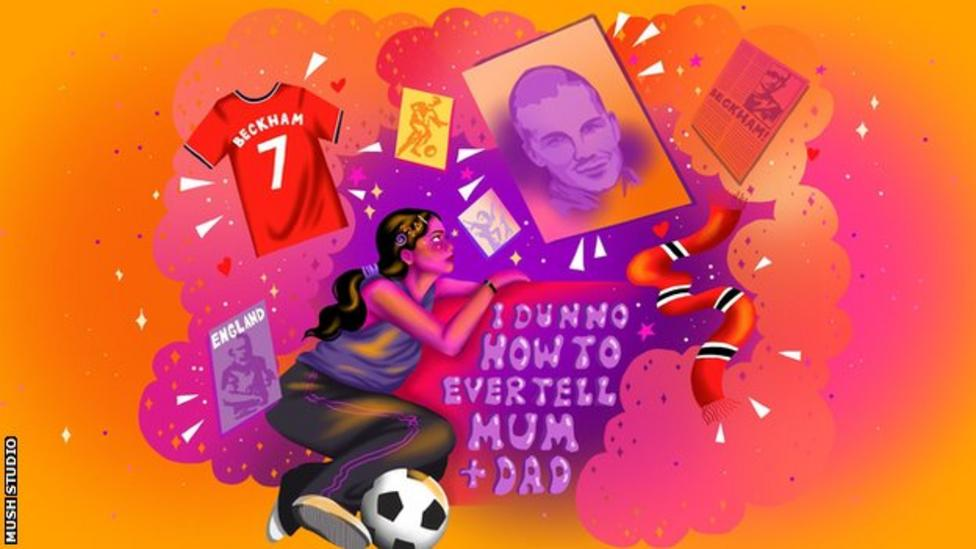In an interview later in life, Rahner said he did not think people would find his life that interesting as it was basically concerned with studying and writing. Quite a humble statement considering there are over 3,500 published works written or edited by Rahner including twenty-three volumes of Theological Investigations and a 30-volume encyclopedia, Christian Faith in Modern Society.
However one of the controversial Rahnerian topics is Anonymous Christian. Rahner convinced that people who have never heard the Christian Gospel might be saved through Christ. Non-Christians could have "in [their] basic orientation and fundamental decision," Rahner wrote, "accepted the salvific grace of God, through Christ, although [they] may never have heard of the Christian revelation."
Rahner accepted the notion that without Christ it was impossible to achieve salvation, but he could not accept the notion that people who have never heard of Jesus would be condemned. "let us say, a Buddhist monk (or anyone else I might suppose) who, because he follows his conscience, attains salvation and lives in the grace of God; of him I must say that he is an anonymous Christian; if not, I would have to presuppose that there is a genuine path to salvation that really attains that goal, but that simply has nothing to do with Jesus Christ. But I cannot do that. And so if I hold if everyone depends upon Jesus Christ for salvation, and if at the same time I hold that many live in the world who have not expressly recognized Jesus Christ, then there remains in my opinion nothing else but to take up this postulate of an anonymous Christianity". According to Rahner, a person could "intellectually profess disbelief but [be] existentially ... committed to those values which for the Christian are concretized in God."
While largely misunderstood, the notion of an "anonymous Christian" was Rahner's way of talking about how to balance Christianity's unequivocal assertion that Jesus Christ is the universal savior with the practical realities of religious pluralism or ignorance of the Christ and the Gospel by billions of humans through no fault of their own.
Over the decades, some people have taken issue with the term "anonymous Christian" because it seems to some to either insult people of other religious traditions (by dubbing them "Christians" irrespective of their beliefs or lack thereof) or, as is the case among some skeptical Christians, justify relativism.
On the first point, Rahner intended the phrase "anonymous Christian" to be something of a placeholder for use within the Christian community to account for both how Christ is the universal savior and how God's presence is not limited only to those who consciously ascent to Christian doctrine. He never intended it to be used ad extra or outside of internal Christian reflections on God's action outside of Christian doctrinal frameworks. Since the love of God and love of neighbor are inseparable (e.g., Matthew 25:31-46) and there are plenty of self-professed Christians who regularly fail to live authentic Gospel lives while there are plenty of non-Christians who excel at love of neighbor, there has to be a way to account for how God's mercy and salvation touches the lives of non-Christians.
Similarly, Rahner's whole point in coining the term "anonymous Christian" was to assert the absolute centrality of Christ who, through the paschal mystery, singularly accomplishes our salvation. Therefore, the charge of relativism is absurd. Following the church's teaching in Nostra Aetate, we recognize that Christians do not have a monopoly on God's action in the world, and Rahner sought to unpack how we might conceive of this fact within a pluralistic context.
One writer called it “Modified inclusivism” which allow that there is some undeniable truth and beauty in other religions. However, these truths do not add anything new to the essentials of salvation spoken of in the Bible. It is not that people can be saved through other religions, so much as they, by God’s grace, may have access to Christ’s saving action from their own sincerely held faith position.
Rahner's concept of Anonymous Christian was one of the most influential theological ideals to affect the Second Vatican Council however in an interview (2016) Pope Benedict said that Rahner’s “Anonymous Christians” argument is inadequate. “If faith and salvation are no longer interdependent, faith itself becomes unmotivated". Missionaries stopped trying to convince people to become Christians, while ordinary believers saw the obligation of faith and morals as uncertain and problematic.
If even atheists are redeemed by Christ, why have I been going to Mass every Sunday? Rahner would answered such question as follows: "You go to Mass to thank him for being such a great God that he wants you to spend eternity with him. That’s why you go to Mass. You don’t go to win heaven, because you can’t earn it — it’s a gift. He wants to give it to all of us.”
Karl Rahner was a Jesuit priest. Born 5 March 1904. Active in his last years until illness and exhaustion took their toll. He died peacefully on March 30, 1984, in the University Medical Clinic of Innsbruck.
References
https://www.ignatianspirituality.com/ignatian-voices/20th-century-ignatian-voices/karl-rahner-sj/https://en.wikipedia.org/wiki/Anonymous_Christian
https://www.ncronline.org/news/opinion/faith-seeking-understanding/anonymous-christianity-ted-lasso
https://www.eternitynews.com.au/in-depth/things-im-asked-will-only-christians-get-to-heaven/
https://www.thetablet.co.uk/news/5334/benedict-rejects-theology-of-anonymous-christians-
https://www.washingtonpost.com/national/religion/analysis-pope-francis-outreach-to-atheists-not-as-controversial-as-it-seems/2013/09/12/5ba14340-1bd9-11e3-80ac-96205cacb45a_story.html






















